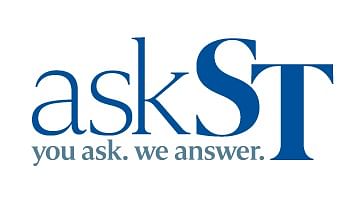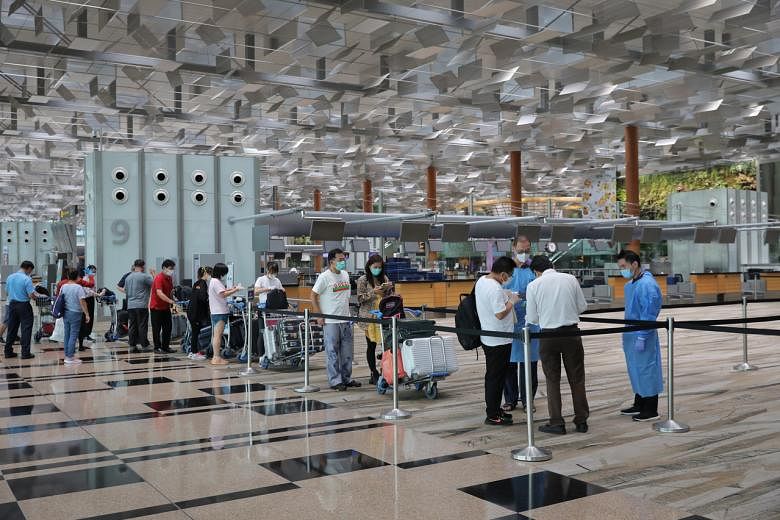SINGAPORE - People in Singapore can now plan vacations again, with nine new countries being added to the Vaccinated Travel Lane (VTL) scheme.
Here are some things to note about the new normal of pandemic leisure travel. The information is correct as of Oct 12.
Q: How do travellers register and prepay for the pre-departure polymerase chain reaction (PCR) test?
A: Before their trip, travellers must ensure that they meet their destination's entry requirements, including any pre-departure Covid-19 tests required.
Check with the immigration authority or embassy of the destination country on the health requirements imposed on travellers from Singapore, such as pre-departure tests (PDTs) to be taken or PDT/vaccination certificates that need to be shown.
Singapore Airlines (SIA) provides information on the pre-departure test providers at this website. For countries not on the list, check with the local authorities to find an approved test provider for the Covid-19 pre-departure test.
Contact the test providers directly to book pre-departure tests.
SIA also has a pre-departure test booking service for selected destinations - Singapore, China, Hong Kong, Indonesia and United Kingdom. More cities in SIA's network will be added, including destinations of its budget airline Scoot.
While the information in SIA's travel advisories is updated regularly, entry requirements may change at short notice and travellers are advised to check the latest travel advisory issued by the local authorities before their trip.
Those heading to the UK on the VTL, for instance, will no longer need to take pre-departure tests.
Before flying to England, travellers must book and pay for a day two Covid-19 test at this website, to be taken after arrival in England
The on-arrival test must be taken on or before day two in the country.
Those going to Denmark must present a negative pre-departure test taken no more than 72 hours before entry and produce a European Union (EU) Digital Covid Certificate. Travellers must also take an on-arrival test at the airport in Denmark.
Check Singapore's Ministry of Foreign Affairs (MFA) website for the latest advisories on your intended destination here.
Book a pre-departure test at an internationally accredited or recognised laboratory, clinic, or medical facility at this website.
For countries which are not listed, seek advice from the country or region's equivalent of Ministry of Health for approved Covid-19 PCR test providers.
On-arrival tests when returning to Singapore can be booked at this website.
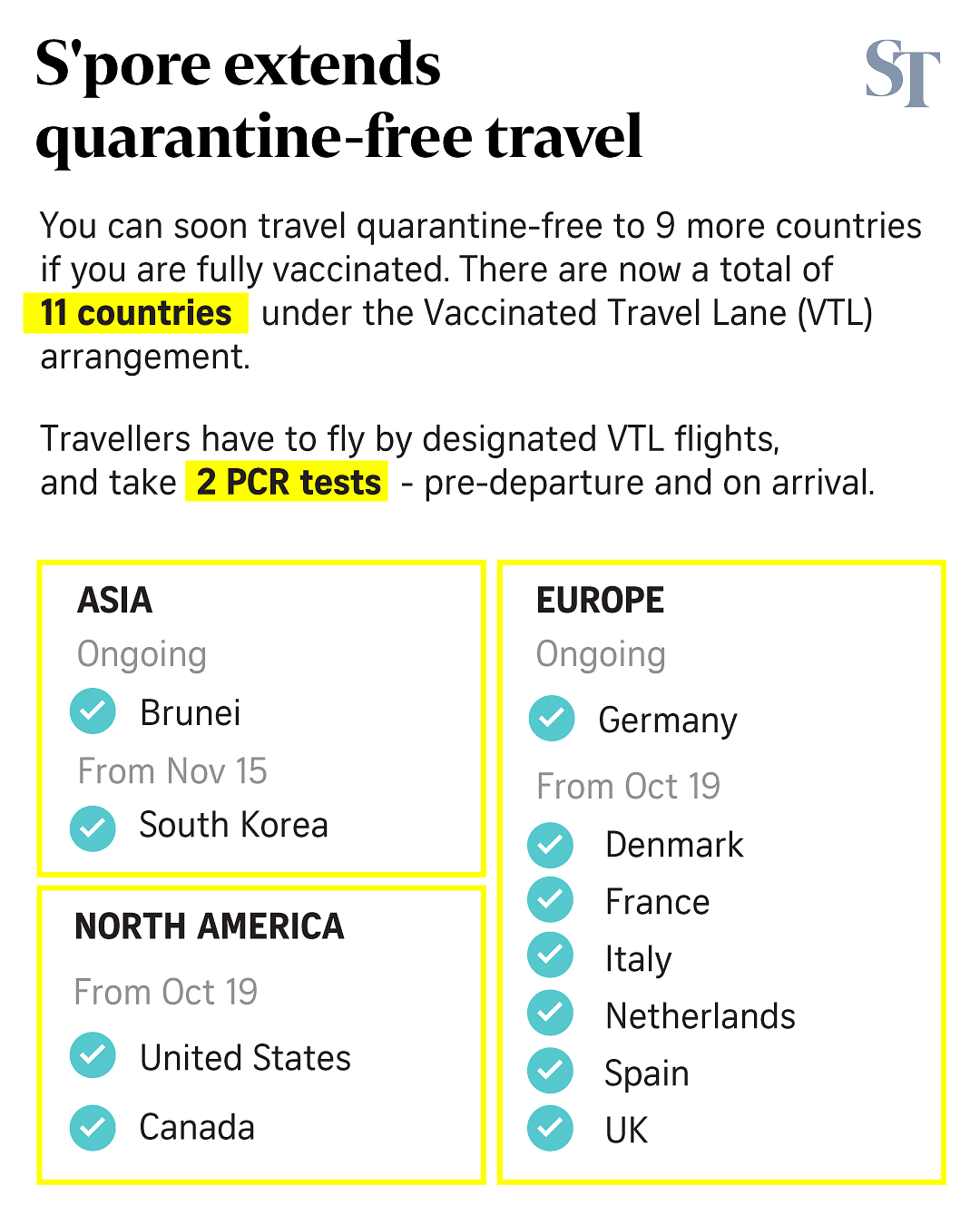
Q: Will travel insurance cost more? What kind of coverage do I need?
A: While the premiums will depend on the coverage, prices of travel insurance with Covid-19 coverage have risen sharply.
Dynasty Travel, which recommends AIG Travel Guard Direct insurance, says costs have increased by up to 35 per cent for those below 40 years old, and up to 63 per cent for those aged 51 and above.
For instance, insurance for a 10-day Europe trip used to cost $99 for a 55-year-old before the pandemic; now it costs about $156. This is on top of the tour package price.
Take note of the minimum coverage. South Korea, for instance, requires travel insurance with a minimum coverage of 30 million won (about S$34,000) for Covid-19-related medical treatment and hospitalisation. For more information, check your destination's entry requirements via the websites listed on the MFA portal.
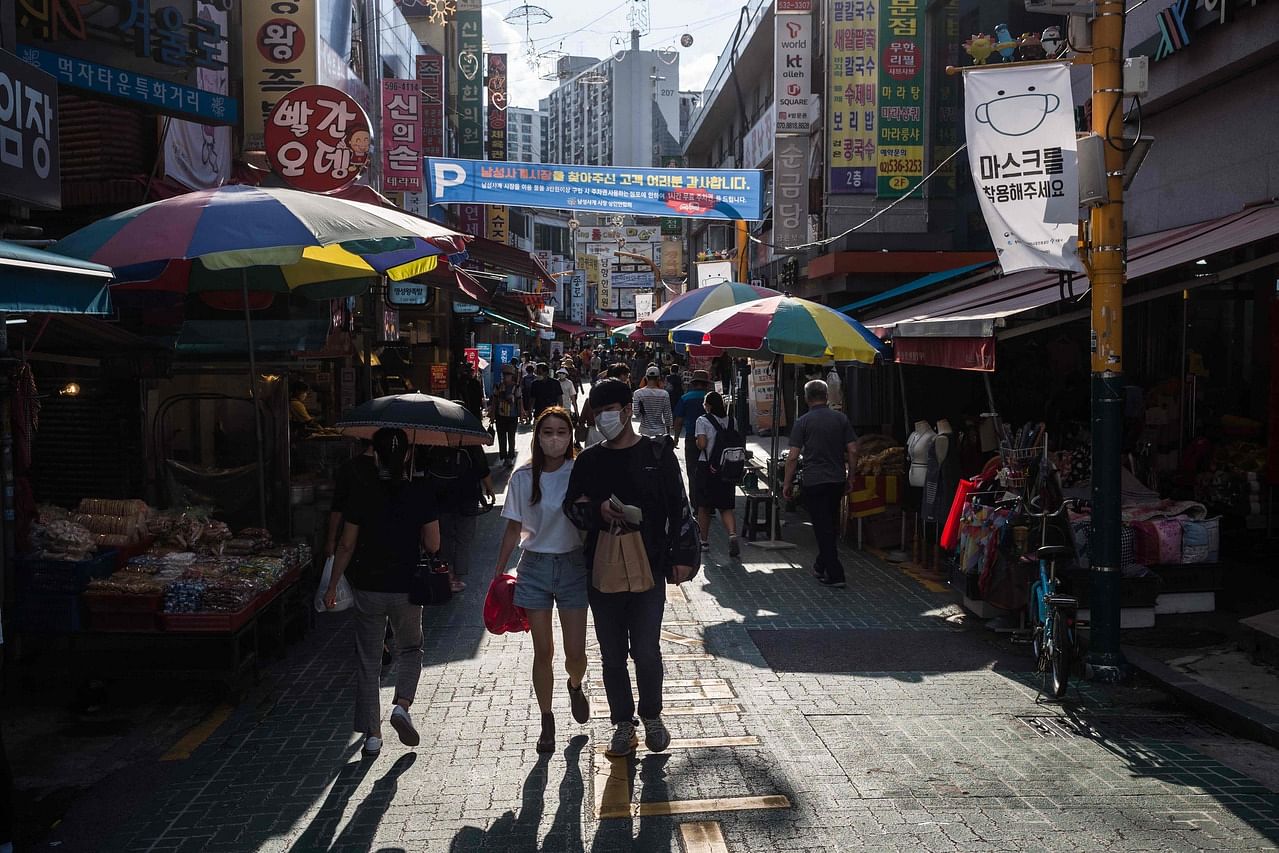
Look for a policy that offers Covid-19 coverage. At least seven large players here, including Aviva and Axa, offer this.
Policies should cover contingencies such as if your trip is cancelled, postponed or cut short. Other useful coverage includes medical expenses incurred overseas and quarantine allowances.
The latter usually ranges from $50 to $100 per day and can go towards accommodation, meals and other quarantine-related expenses. This will come in useful if you test positive for Covid-19 before your return flight and are required to self-isolate in a hotel. It may not cover the full cost of a hotel in Europe or the United States, but will help keep your pockets from bleeding dry.
However, such allowances do not apply in countries where quarantine measures are mandatory for all arriving passengers.
Q: What happens if travellers test positive on their pre-departure Covid-19 test?
A: To prevent the spread of Covid-19, airlines will deny travellers from boarding an aircraft if they are diagnosed with Covid-19 14 days or less from the date of travel.
If a Covid-19 reverse transcriptase PCR test (RT-PCR) is required to be taken before departure to Singapore, travellers must take the test regardless of whether they have recovered from Covid-19.
In Germany, for instance, should travellers test positive for Covid-19, the test provider will notify the local health department or Gesundheitsamt, which will then issue an isolation order.
Travellers will be told to enter self-isolation for five to 14 days, until cleared by a PCR test. For those who are asymptomatic or have only mild symptoms, this will be done in a hotel and they can leave self-isolation only to take a PCR test. Travellers will need to cover the cost of self-isolation.
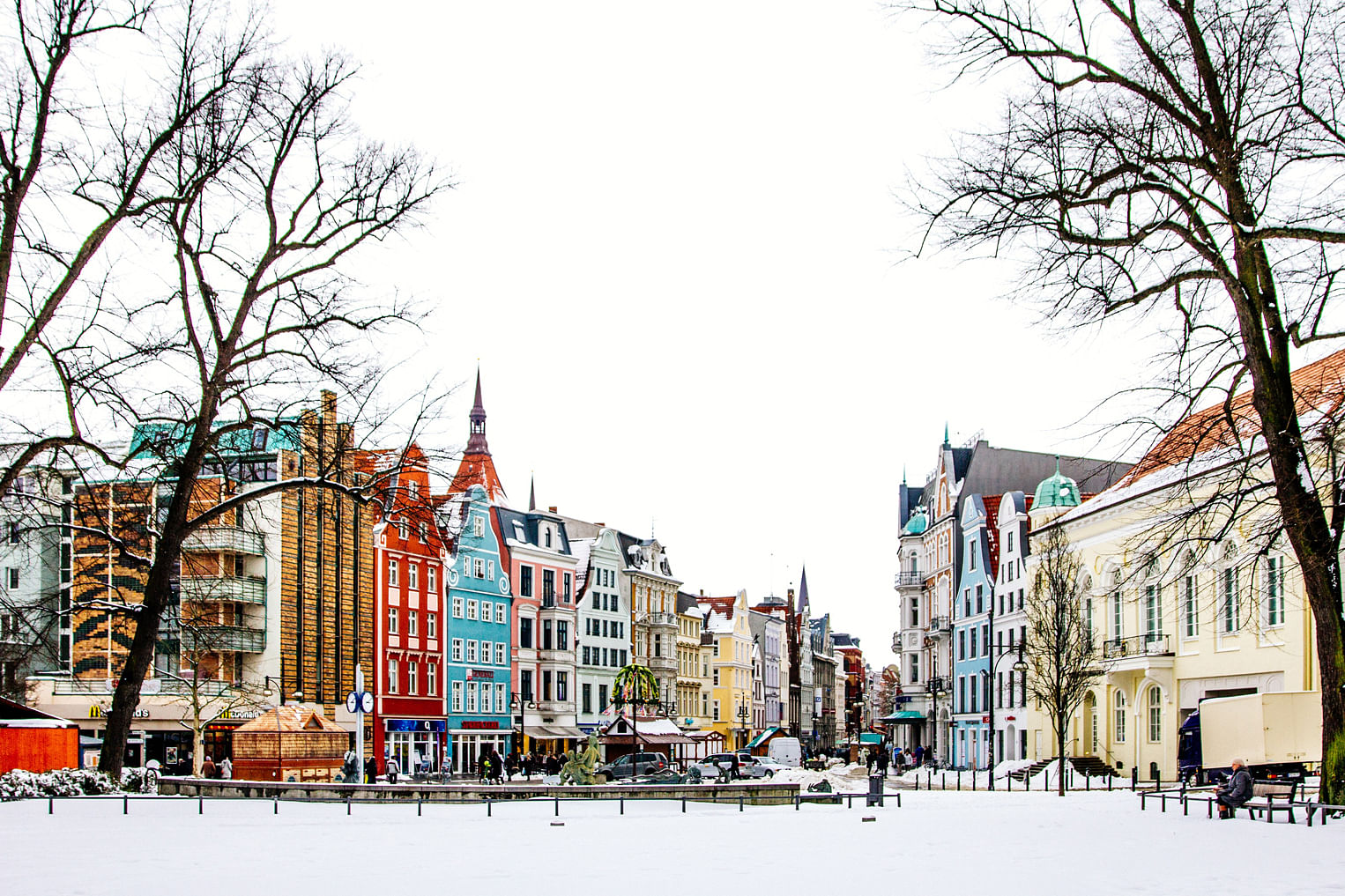
Regardless of how long their self-isolation lasts, travellers cannot leave Germany for at least 14 days from the date of the positive result.
Travellers who test positive for Covid-19 in the UK will need to isolate and take a confirmatory PCR test, at no additional cost.
In South Korea, travellers who test positive for Covid-19 within 14 days of entry will have to bear relevant costs in whole or in part. Its government will cover costs related to tests and the use of isolation facilities, while travellers will bear the costs related to treatment and food, among others.
Check the MFA website for the latest advisories on your intended destination.
Q: I received the Sinopharm vaccine. Will this be recognised?
A: All countries currently under the VTL scheme recognise the Pfizer-BioNTech and Moderna vaccines offered here.
However, some do not recognise alternative vaccines such as Sinopharm or Sinovac. At present, only the Netherlands, Spain and Seoul allow travellers who have taken these vaccines to enter.
Check the embassy website of your destination country, which can be found via Singapore's MFA website.
Schengen Visa Info, which compiles Schengen visa-related information and news, has lists of countries in the European Union/Schengen area that accept Sinovac or Sinopharm as proof of vaccination. Those accepting Sinovac as proof of vaccination are listed here, while the countries that recognise Sinopharm can be found here.
Travellers to Singapore can go to this website to check if their vaccine qualifies them for the VTL.
Q: What is the "winter wave" and should I be worried about this?
A: As temperatures fall in the Northern Hemisphere towards the end of the year, respiratory viral infections, ranging from the common cold to Covid-19, become more active.
Most respiratory viruses are more easily transmitted indoors, likely due to the proximity between people and increased recycling of air. And when temperatures drop in winter, more people stay indoors.
Between last December and this February, the US experienced the deadliest months of the pandemic, hitting a peak of more than 3,000 deaths daily.
But vaccines have made a significant difference. The US-run Covid Scenario Modeling Hub, which projects future cases and deaths, anticipates an average of 90 deaths a day by next February.
With travellers fully vaccinated, catching the virus would be inconvenient, but is unlikely to be deadly.
Q: Who is looking to travel to Singapore under the new VTL scheme?
A: It is early days yet, but travel agents say the first wave of visitors will likely be Singaporeans and foreigners with family here. Some have not been home in a long time, while quarantine-free travel will allow others to make repeated visits.
Mr Steven Ler, president of the National Association of Travel Agents Singapore, anticipates interest from South Korean visitors, as it is fairly close to Singapore and there is a sizeable South Korean community here.
But Ms Alicia Seah, director of public relations and communications at Dynasty Travel, is circumspect about the quick recovery of inbound tourism.
"We are now open to about 10 per cent of overseas traffic, and the hospitality industry will probably take about two to three years to recover to pre-crisis levels," she says.
